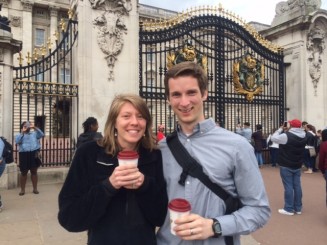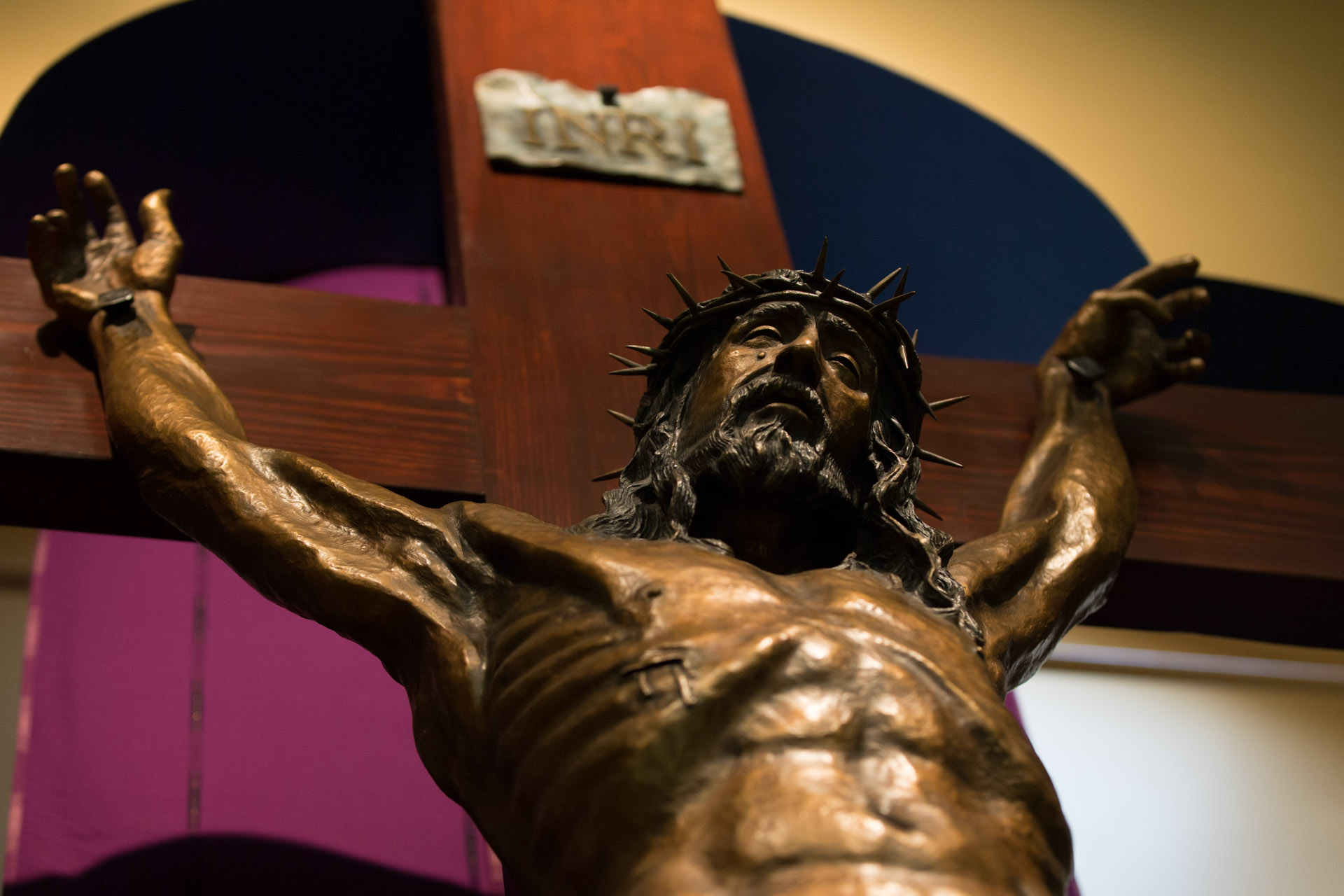“Good afternoon ladies and gentlemen. This is your pilot speaking. … I have two pieces of news to report, one good and one bad. The bad news is that we are lost. The good news is that we are making excellent time.” —Author Unknown
In 1971, the renowned physician and medical ethicist, Dr. Leon Kass, used this parable to illustrate the coming wave of assisted reproductive technologies, hailed by science as a final triumph over infertility; scientists were on the verge of creating children outside the womb and inside the laboratory. Dr. Kass feared that we had not given adequate consideration to the question of how this might affect the couples pursuing these methods and the children produced from them. Forty years later, we’re just beginning to understand the consequences of such technologies.
Consider Natalie,* a thirty-year-old woman living in the Washington, D.C. metropolitan area. Throughout her childhood and adolescent years, she suffered from depression and endured severe adjustment difficulties, feeling as if she never truly belonged in her family. When she was seventeen years old, she discovered that she was conceived through a process known as commercial surrogacy. Natalie’s parents had contracted with another woman to become pregnant using her father’s sperm and the woman’s own egg, bear her for nine months in her womb, and then hand her over to them. After questioning why her parents lied to her, Natalie became estranged from them, hurt that money, rather than the expression of marital love, was the context in which she was brought into the world.
Now consider Amy, who was eight years old when her parents told her they would be divorcing. Her father attempted to gain custody of her older sister, but not her. The reason? Amy was conceived via an anonymous sperm donation, and her father was not interested in maintaining a relationship with a child who was not biologically his offspring. Such a scenario highlights the many complexities of donor conception, by which a child is intentionally severed from his or her biological parents with little consideration of the long-term consequences of such a decision.
These true stories represent the sad realities often faced both by those who choose to pursue assisted reproductive technologies and by children conceived through them. Unfortunately, when couples face the heartbreaking challenge of infertility, they may not know where else to turn.
When couples are unable to bear children, very often there is an understandable feeling of great loss. It is essential to note that “the Church has compassion for couples suffering from infertility and wants to be of real help to them. At the same time, some ‘reproductive technologies’ are not morally legitimate ways to solve those problems.”(1) No doubt, those who are tempted to avail themselves of such technologies almost always plan to accept and cherish the child to be conceived in this manner. Nevertheless, the child is brought into existence through a technological process and not through a loving act of marital intercourse. The inevitable result is that the child is initially treated as an object created for the parents’ self-fulfillment instead of welcomed as a gift of God.
Since the advent in 1978 of IVF (in vitro fertilization), by which children are “conceived” by technicians working in labs, the floodgates have been opened to bringing about reproduction through egg and sperm donation and surrogate pregnancies. Yet these technologies are fraught with medical, legal, and moral complications that are often either unknown or too easily dismissed.
What many people don’t realize is that, in addition to the financial burden, assisted reproductive technologies can also present significant health risks. A February 2014 analysis in the British Medical Journal found that women who use IVF are more likely to suffer “gestational diabetes, fetal growth restriction, pre-eclampsia, and premature birth.”(2) Children conceived through IVF are likely to have higher blood pressure, vascular difficulties and other health problems.(3) Moreover, IVF and surrogacy subject women to grueling rounds of hormones, shots, and painful procedures with minimal chances of success. According to the Centers for Disease Control and Prevention, the overall failure rate of IVF in the United States is nearly seventy percent.(4)
Yet the demand for “designer babies” and the commercialization of childbearing continues to increase. Parents who are spending tens of thousands of dollars to conceive children now have the option of picking the “best” sperm or egg to maximize their investment. However, “children are not parents’ possessions to manufacture, manipulate, or design; rather, they are fellow persons with full human dignity, and parents are called to accept, care for, and raise them to be new members of God’s family and his Kingdom. Children deserve to be ‘begotten, not made.’”(5) In other words, children have the right to be conceived within the context of an act of marital love, not created in a laboratory by scientists.
How then do we best respond to couples struggling with infertility? First, we must acknowledge their pain and accompany them in their suffering. Second, we should offer them opportunities to continue exploring the possibility of parenthood. Many causes of infertility can be addressed through medical assistance that is fully in accord with Catholic teaching. Adoption is also a viable alternative for couples seeking to raise children, as it lovingly serves children who urgently need homes and families to love and care for them. For couples who choose not to pursue these options, their active service in ministries and communities where they are needed should be better welcomed.
As Pope St. John Paul II reminded us, “It must not be forgotten … that, even when procreation is not possible, conjugal life does not for this reason lose its value. Physical sterility in fact can be for spouses the occasion for other important services to the life of the human person.”(6) While infertility may be a profoundly painful process for many, the Church calls the couple to consider that this experience may ultimately lead to new ways of experiencing God’s love and plan for their love to be life-giving in other ways, even if they are unexpected.
The very technologies that some believed would solve the age-old problem of infertility have, in fact, raised more questions than answers—questions about the meaning and purposes of children, and the limits and detriments of technology when it intervenes in the most intimate of human relationships. Children, after all, are meant to serve as an outgrowth of a couple’s love, but instead, reproductive technologies reduce that gift to a product. To ignore the concerns raised by some reproductive technologies and to move forward with them anyway would be to take matters into our own hands and to act against this great design. So instead, “in love, hope, and prayer, … let us be open to God’s gift of life and love in marriage, with profound respect for the dignity of all God’s children.”(7)
*Names have been changed to protect the privacy of those mentioned. To learn more about the Church’s teachings on the morality of reproductive technologies, visit “Life-Giving Love in an Age of Technology” at www.usccb.org/beliefs-and-teachings/what-webelieve/love-and-sexuality/life-giving-love-in-an-age-oftechnology.cfm.
Notes
[1] U.S. Catholic Bishops, Life-Giving Love in an Age of Technology, (USCCB, 2009). http://www.usccb.org/beliefs-and-teachings/what-we-believe/love-and-sexuality/life-giving-love-in-an-age-of-technology.cfm.
[2] Esme I Kamphuis, S Bhattacharya, F van der Veen, professor, B W J Mol, A Templeton, “Are We Overusing IVF?” British Medical Journal (2014). http://www.bmj.com/content/348/bmj.g252.
[3] Ibid.
[4] Centers for Disease Control and Prevention, American Society for Reproductive Medicine, Society for Assisted Reproductive Technology, 2010 Assisted Reproductive Technology Fertility Clinic Success Rates Report (Atlanta: U.S. Department of Health and Human Services, 2012). http://www.cdc.gov/art/ART2010/PDFs/ART_2010_Clinic_Report-Full.pdf.
[5] U.S. Catholic Bishops, Life-Giving Love in an Age of Technology.
[6] Pope St. John Paul II, On the Role of the Christian Family in the Modern World: Familiaris Consortio (Vatican City: Libreria Editrice Vaticana, 1981), no. 14.
[7] U.S. Catholic Bishops, Life-Giving Love in an Age of Technology.
* Excerpt from Familiaris Consortio (On the Role of the Christian Family in the Modern World). © 1981 Libreria Editrice Vaticana. Used with permission. All rights reserved.
Reprinted from Respect Life Program, Copyright © 2014, United States Conference of Catholic Bishops, Washington, D.C. All rights reserved. Additional resources and ordering information is available at www.usccb.org/respectlife.








